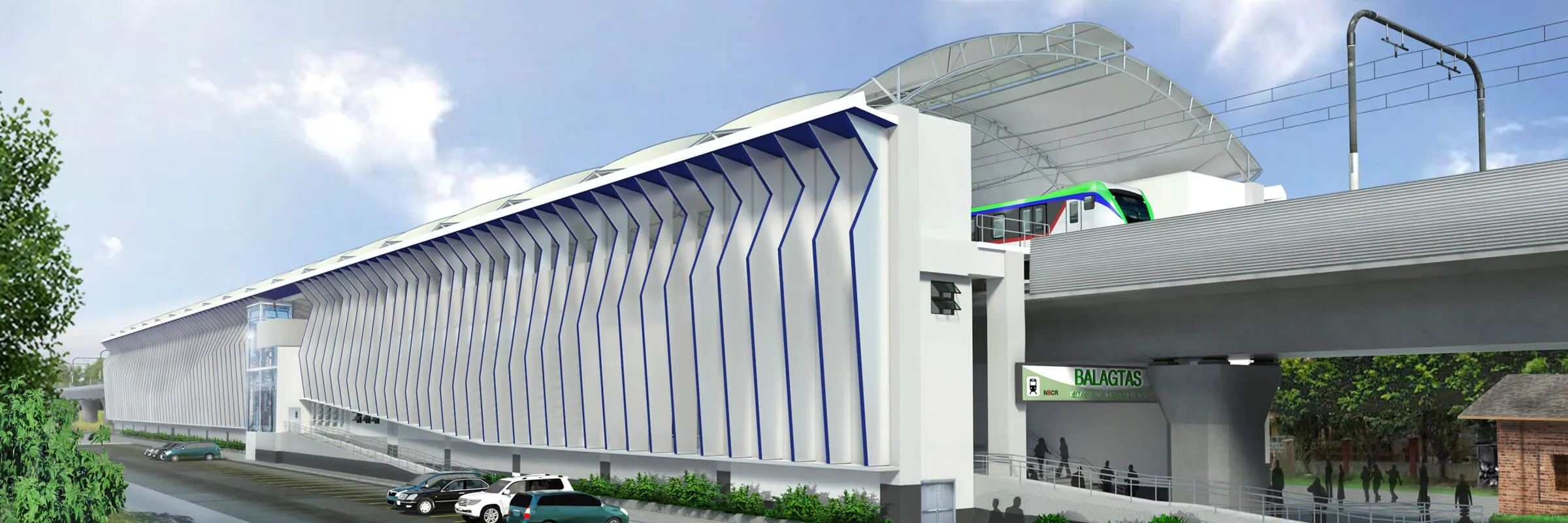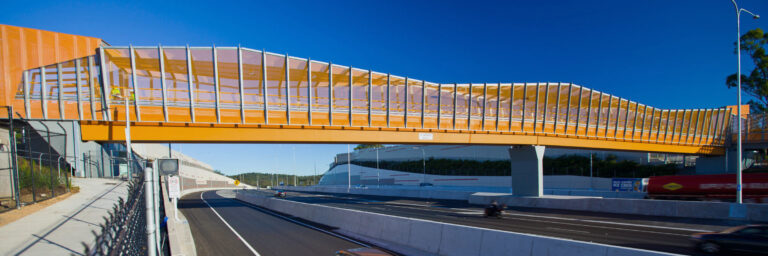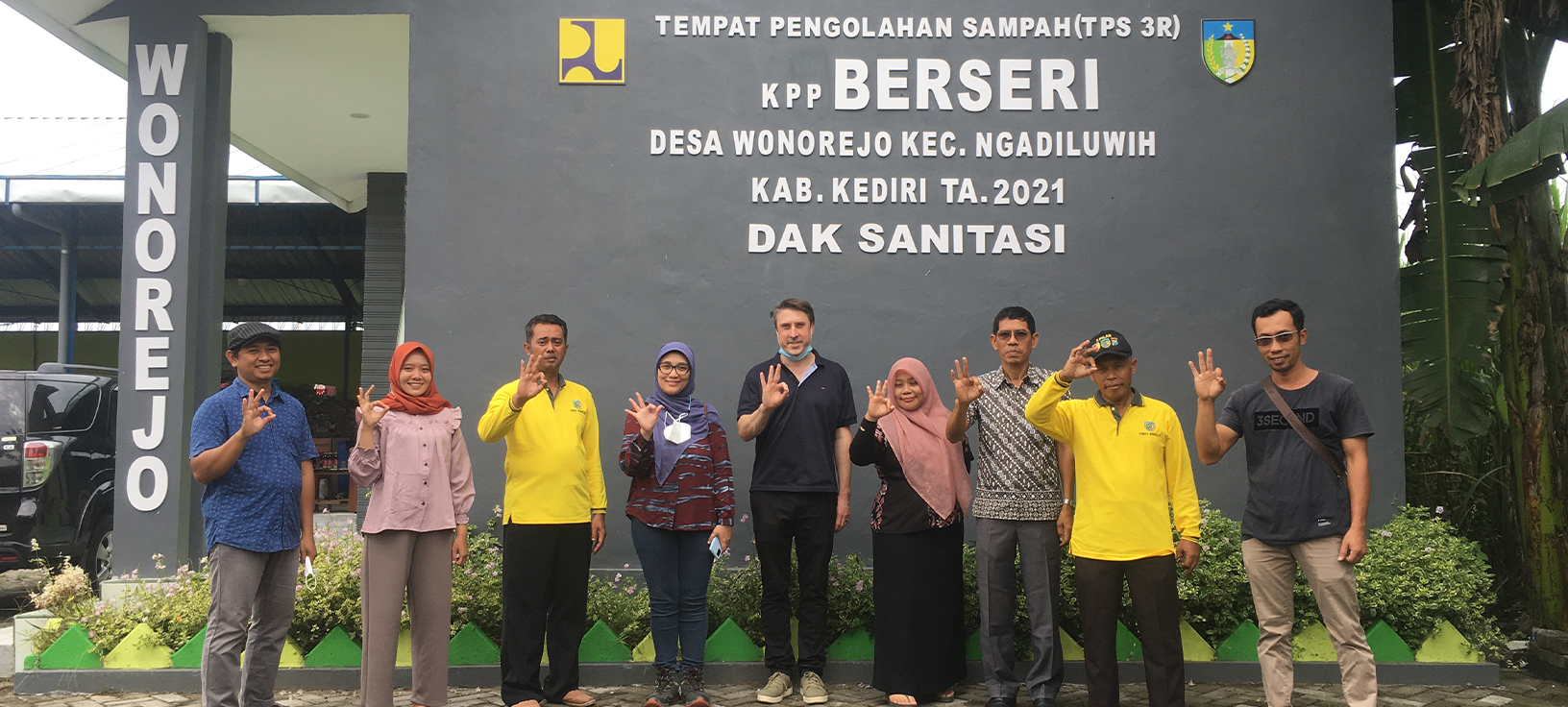
Water and Wastewater Management
World Bank data records that a large proportion of Indonesia’s wastewater flows into agricultural fields, rivers, and open channels, having hugely negative impacts on the environment and communities.
According to the “Global Carbon Atlas”, Indonesia ranks 10th in the list of the largest emitters of greenhouse gases (GHG). Of the total of approx. 5 tons of CO2 emissions per capita, a large part is attributable to urban areas (transport, waste, water/wastewater, energy). SMEC proposing a comprehensive configuration of wastewater treatment plant and fecal sludge management that taking into account greenhouse gas emission reduction and environmental protection, as well as to promote gender equality.
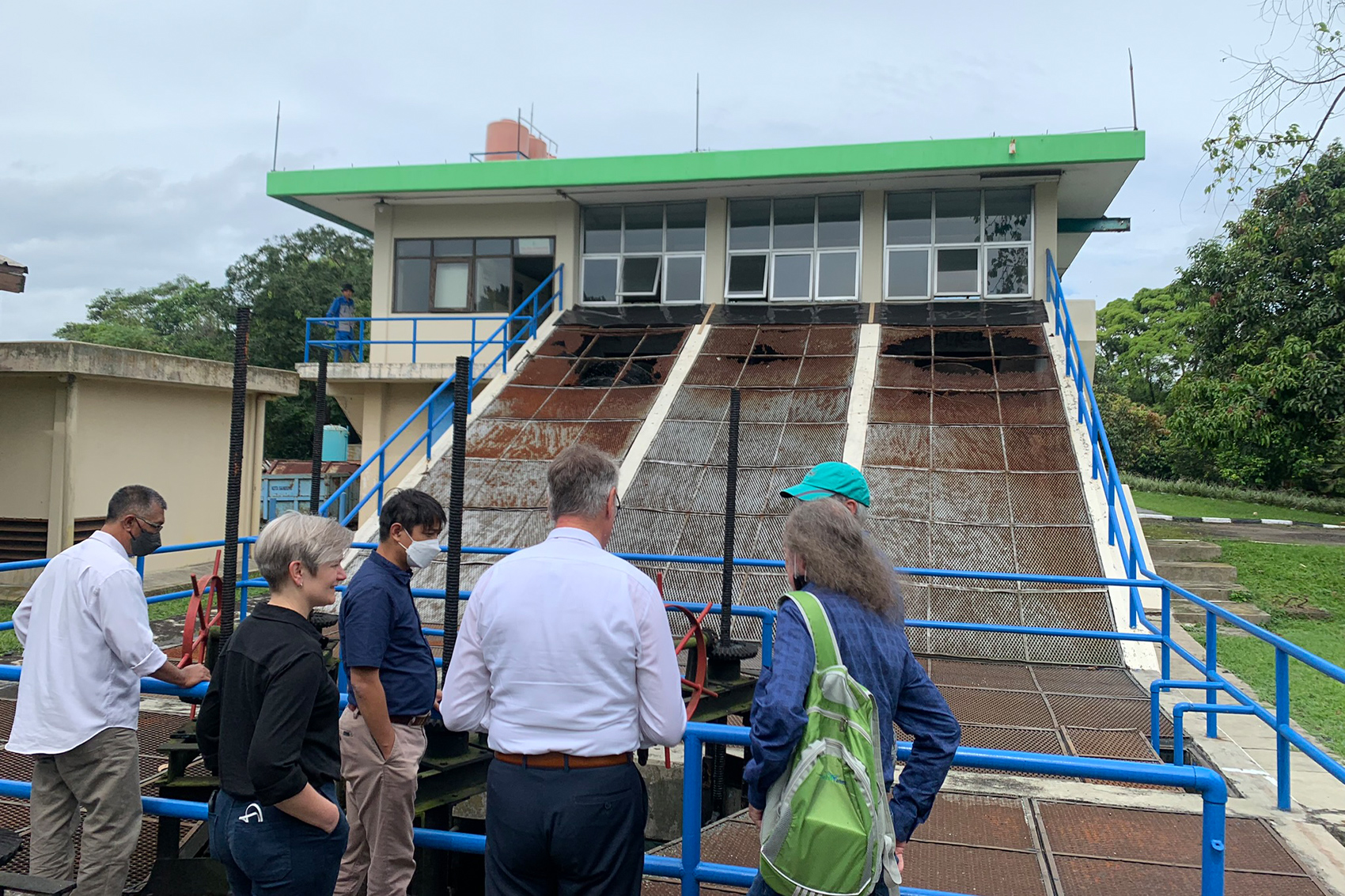 Existing Wastewater Treatment Plant in West Java
Existing Wastewater Treatment Plant in West Java
Integrated Citarum Domestic Wastewater Management, Southern West Java
The aim of this study is to provide pathways to improved sanitation for infrastructure communities in the Citarum River Basin to handle domestic wastewater. The team recommended two investment packages and looked at ways to increase community participation in the local domestic wastewater treatment infrastructure management process. It is estimated that the two recommended investment packages could provide access to improved wastewater management services to 220,261 households in Bandung City, Bandung Regency, and Cimahi City.
Solid Waste Management
Most of the solid waste generated by Indonesians annually is sent to open landfills, which has a negative impact on the health of the environment and local communities.
As known before, solid waste is one of the environmental sector that contributed to the greenhouse gas emission. One of the objectives of this project is aiming to improve solid waste management by choosing the best environmental friendly technology to treat the waste and minimize the release of methane gas, a generated from decomposing organic waste in landfills, to the atmosphere. Women may be more exposed to health risks from waste collection and disposal, and they may have limited access to waste management services. Therefore, gender mainstreaming can help to ensure that waste management policies and practices are inclusive and equitable.
 Existing Reduce-Reuse-Recycle Waste Management Facility in Kediri, East Java Province
Existing Reduce-Reuse-Recycle Waste Management Facility in Kediri, East Java Province
Regional Landfill Sarbagita, Bali
In 2022, SMEC delivered a concept design for a new regional landfill in in Denpasar, Bali. The site, known locally as Sarbagita Suwung, will be closed and renaturalised with methane capture and leachate treatment technology. An integrated and comprehensive technological approach is proposed. In landfill, it is imperative to improve sustainable landfill management and the application of modern waste processing technology.
 Regional Landfill Site in Bali
Regional Landfill Site in Bali
Kediri Waste Management, East Java
Emissions from existing waste disposal facilities, causes large quantities of greenhouse gas emissions and has a negative effect on the health of residents. The Green Infrastructure Initiative has identified an opportunity to develop a new waste treatment plant in Kediri, East Java which would allow around 300 tons/day of waste to be treated.
The new waste management system would improve waste collection, treatment, recycling, and disposal in a modern fully equipped facility. One of the proposed treatments being explored is the use of Black Solider Flies which can help reduce the weight of organic waste by 50% before it is transported to landfill.
Urban Public Transport
Although over 50% of Indonesia’s National Strategic Projects are dedicated to transport infrastructure only around a quarter fall into the green infrastructure category. The Urban Public Transport program seeks to elevate environmentally conscious transport outcomes. Urban public transportation plays a significant role in mitigating climate change by reducing greenhouse gas emissions from private vehicles. Efficient public transport systems can encourage people to switch from personal vehicles to public transport, thereby reducing traffic congestion, air pollution, and carbon emissions. Ensuring that the needs and preferences of women and men are considered in this project is, since women often experiencing greater barriers to accessing public transport due to safety concerns, caregiving responsibilities, and other factors. By incorporating a gender perspective into public transport planning, it is possible to make public transport systems more accessible and safe for women, which can in turn help promote gender equality.
 Existing Urban Public Transportation in Central Java
Existing Urban Public Transportation in Central Java
Greater Surabaya Urban Public Transportation, East Java
The team endorsed the development of a Sustainable Urban Mobility Plan and associated studies, to inform the business case for a future Bus Rapid Transport network. SMEC has provided feasibility planning for the Greater Surabaya BRT, which identifies two possible investment corridors for new BRT systems. As part of the feasibility planning SMEC undertook costs estimates for infrastructure such as roads, pavements, stations, ticketing systems a systems control centre and monitoring costs.
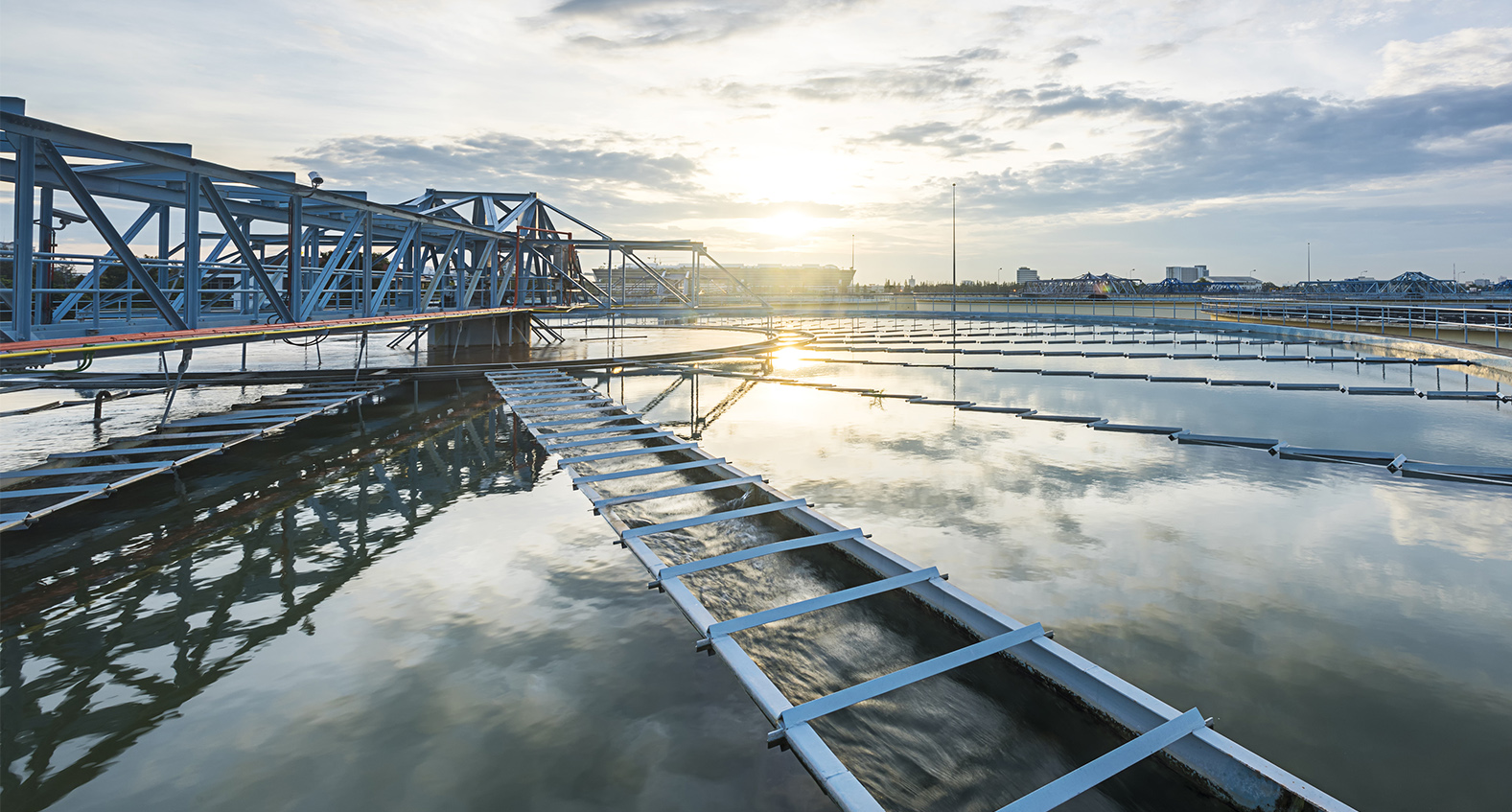 A circular economy for water: water demand and fit for purpose supply
A circular economy for water: water demand and fit for purpose supply
Australia, and the world, is increasingly seeing the effect of climate change on our water supply and security. Scarcity and drought are becoming more prevalent, placing pressure on the current water supply network, and communities are expecting better solutions. As we mark National Water Week in Australia and prepare for summer, it is time to discuss how we best utilise our existing water supplies and create a more resilient future.
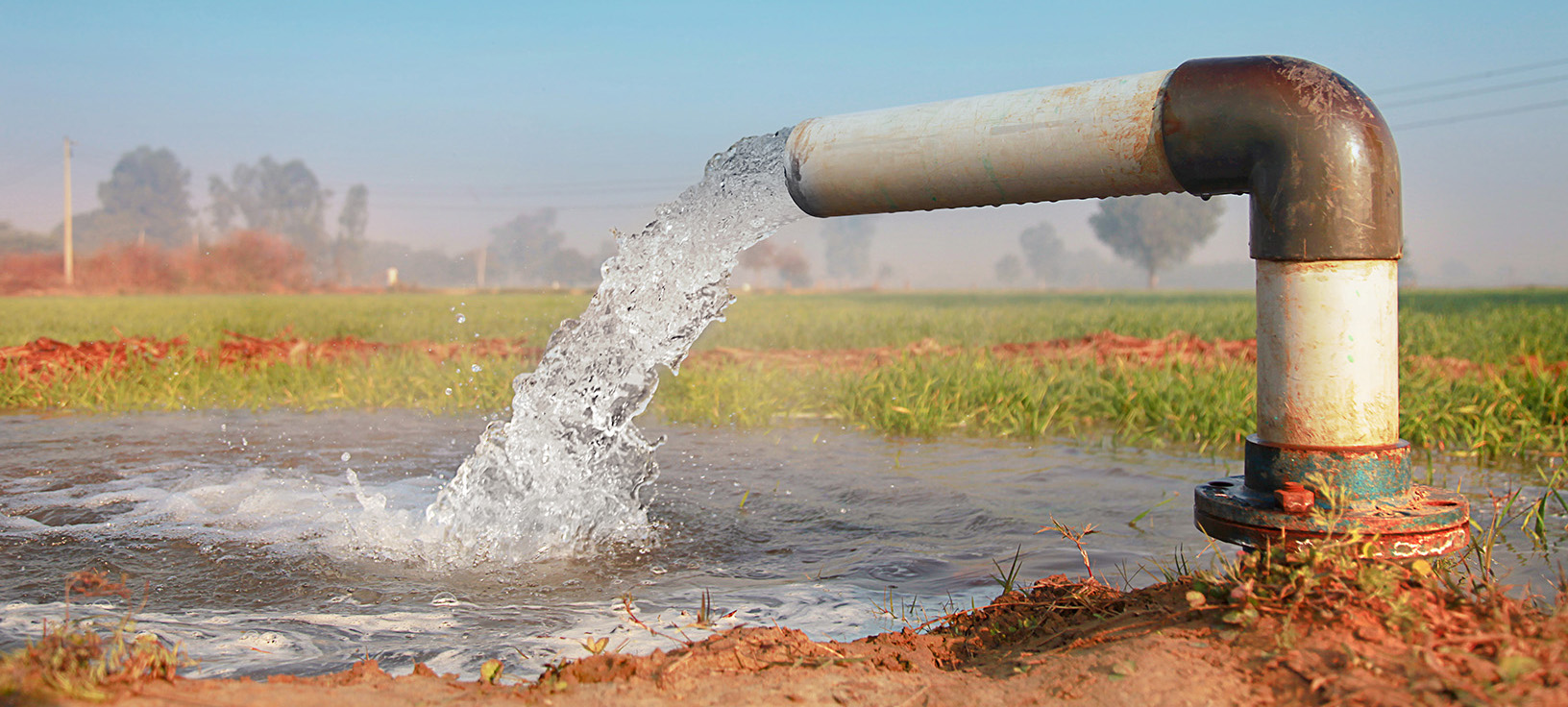 An innovative, community-based approach to irrigation asset management in India
An innovative, community-based approach to irrigation asset management in India
Over half the population of Karnataka State in south India is employed in agriculture and related industries. Without reliable access to water, farmers struggle to maintain their crops and livestock, which can have far-reaching social and economic impacts.
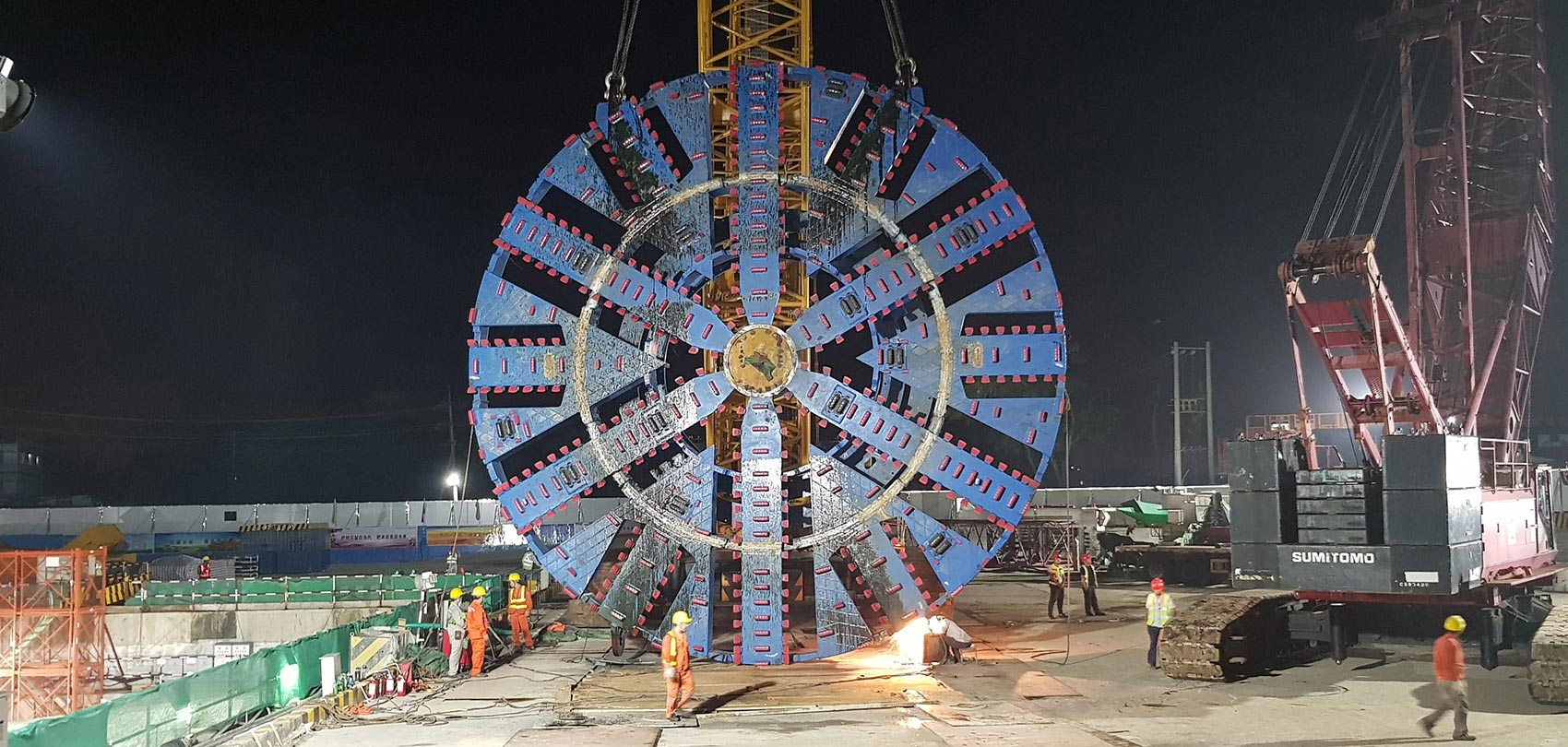 Breaking new ground on Bangladesh’s first underwater tunnel
Breaking new ground on Bangladesh’s first underwater tunnel
Bangladesh is a country of rivers. The Karnaphuli River services the city of Chattogram (formerly called Chittagong), the largest sea port of Bangladesh. With the rapid development of southeast Bangladesh, especially in the regions south of Chattogram, the two existing bridges over the Karnaphuli River are inadequate to accommodate the increase in traffic. With a population of over six million, the heavily congested city of Chattogram is closely surrounded on the east by the Chittagong Hill Tracts and the west by the Bay of Bengal, making an additional bridge type crossing of the Karnaphuli River unviable.


